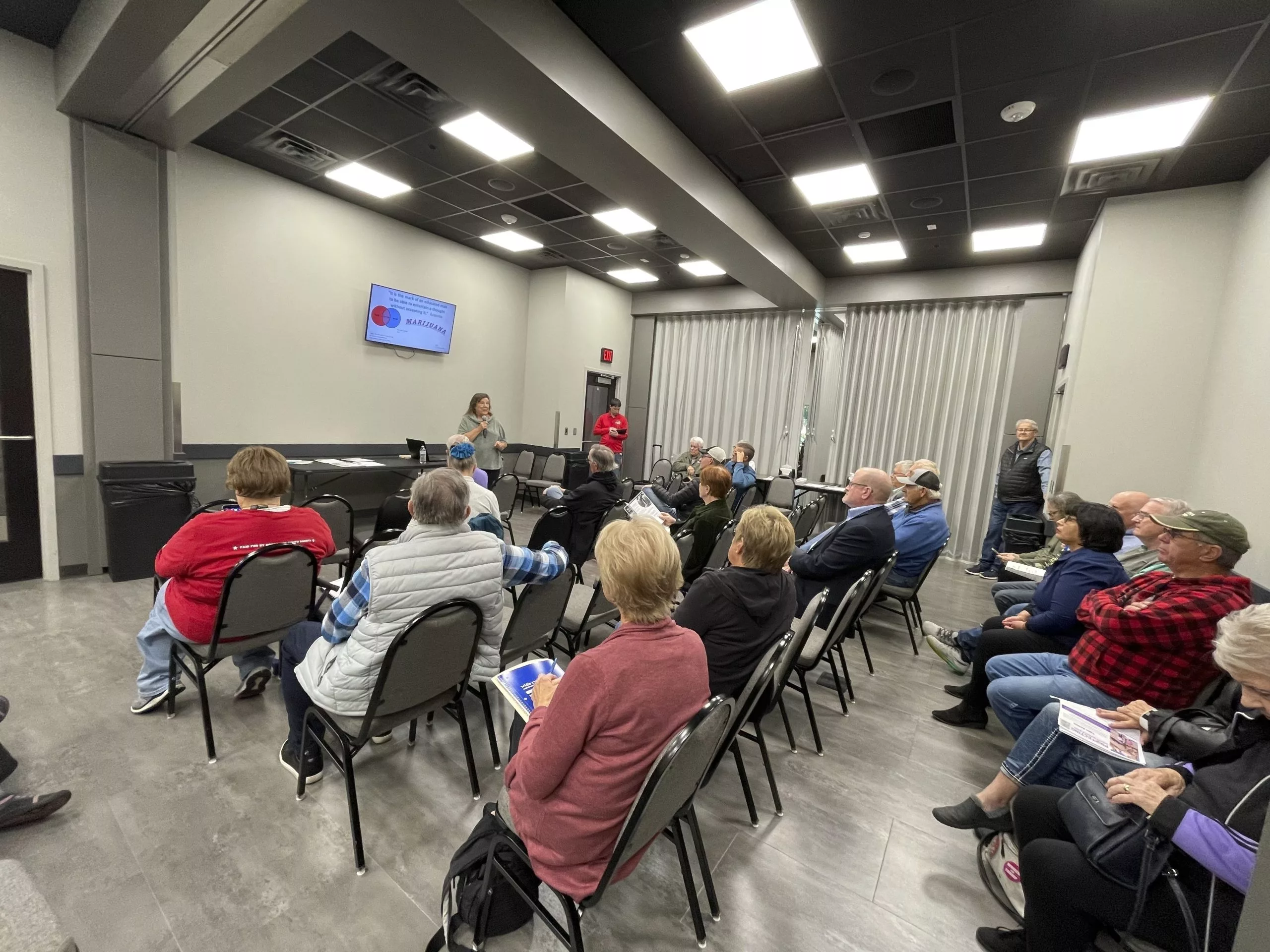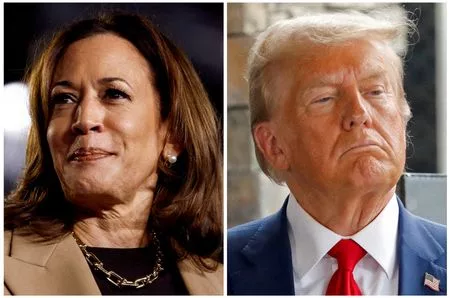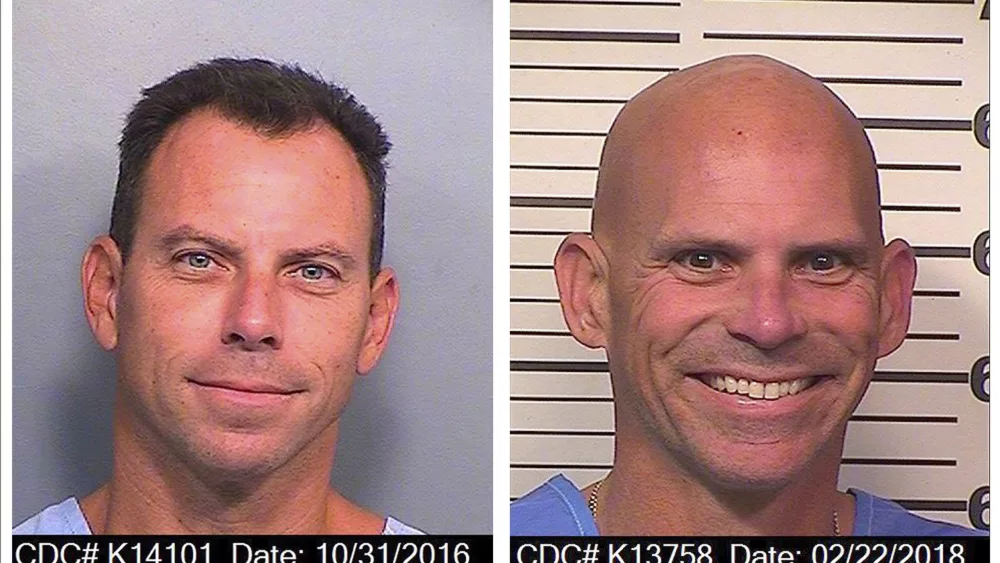South Dakota voters will decide again whether to legalize recreational marijuana, an issue with a frustrating history for backers of the ballot initiative in the conservative state.
On Monday, Secretary of State Monae Johnson’s office validated a measure for the November general election ballot. It will be the third time South Dakota voters have weighed in on the question.
In 2020, voters passed a measure which was ultimately struck down in court. In 2022, voters defeated another attempt.
Twenty-four states have legalized recreational marijuana. Ohio voters did so most recently, in November 2023. Florida voters will also vote on the issue this fall. And other efforts are ongoing in other states, including North Dakota.
The South Dakota measure would legalize recreational marijuana for people 21 and older. The proposal has possession limits of 2 ounces of marijuana in a form other than concentrated cannabis or cannabis products. The measure also allows cultivation of plants, with restrictions. Measure backers plan to work with the Legislature to implement business licensing, tax and other regulations, if successful.
“We firmly believe that South Dakotans deserve to make their own choices on how they live their lives, including the freedom to responsibly use cannabis,” said Zebadiah Johnson, political director for the campaign to legalize recreational marijuana, in a statement.
Opponent Jim Kinyon, chairperson of Protecting South Dakota Kids, said the state’s voters already had a say on the issue and rejected recreational marijuana back in 2022. He criticized supporters’ repeated efforts to put the issue to a vote.
“How many times does the state of South Dakota need to reject recreational marijuana before the industry will accept the decision of the state’s citizens?” Kinyon said.
“I expect that the industry will triple down on their money to try and sway and disuade voters,” Protecting South Dakota Kids chairperson Jim Kinyon said.
Other initiated measures on South Dakota’s ballot this fall are ones to protect abortion rights, to repeal the state food tax and to implement a “top two” primary election system.
____
Ballentine contributed to this report from Columbia, Missouri, and Dura contributed from Bismarck, North Dakota.
Brought to you by www.srnnews.com








